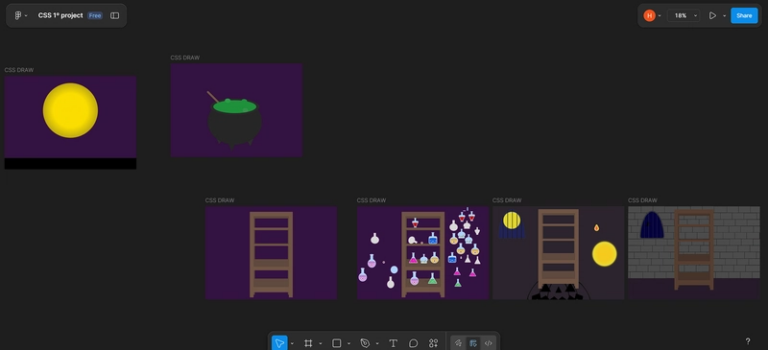Beyond the Plough: How to Thrive When AI Rewrites the Job
Introduction — Why You Should Care
Picture this: it’s the late 1800s. A farmer stands at the edge of his field, watching a rattling new machine carve straight lines through the earth. Some call it progress. Others call it the death of tradition. Either way, the fields will never look the same.
Today, the fields are digital. The plough is no longer steel dragging through soil; it’s algorithms, codes, and platforms. AI isn’t just changing how we work — it’s changing what we work on.
This series is for students, early-career professionals, founders, and educators who are asking how to stay valuable as intelligent tools shift the nature of work. Grab a coffee, and let’s chat in my Mechanised Future series!
Yesterday’s Plough — What Changed and Why It Matters
When farming was mechanised, the shift was massive. Centuries-old manual skills were lost, and so was the rhythm of hand-tilling and jobs that had existed for generations. But something was gained: unprecedented productivity in crop yield by 200% since the early 60’s (according to FAO Statistics), the ability to farm larger areas and new roles in machine operation, maintenance, and supply chains.
Some resisted. Others learned to operate, repair, and improve the new machines. Those who embraced the shift didn’t just survive — they thrived. History’s whisper is clear: every tool that replaces old tasks also creates new ones — but only for those who prepare and adapt.
Today’s Plough Is Digital — From Soil to Software
In 2025, the plough isn’t a farm tool. It’s an AI assistant that drafts your emails and reports, freeing you for big ideas, like tractors saved farmers’ time. A banking model that approves loans in seconds, an adaptive platform that personalises lessons for every learner, like smart sprinklers for crops. These are not just tools; they are amplifiers of human potential, ready to enhance our capabilities and productivity.
Automation is no longer about replacing muscle — it’s about replicating and amplifying thought. A 2024 McKinsey report says it could add $13 trillion to the global economy by 2030.
The trade-offs: innovative tools raise productivity and open new roles — but they also displace repetitive tasks, widen gaps for people without connectivity, and can encode bias. Beyond the economic costs, this shift also brings a new kind of pressure—the psychological strain of feeling that your skills might become obsolete. The answer isn’t to freeze change; it’s to pair adoption with reskilling, access, and ethical guardrails.
Around the World — Snapshots of the New Plough
Education: Adaptive platforms, which are digital systems that adjust to the needs of individual students, support teachers with lesson planning and targeted practice.
Healthcare: triage assistants route cases and flag anomalies for clinicians.
Logistics: Vision systems optimise factories, like drones scout fields.
Small retail: Inventory and pricing tools help shop owners manage their cash flow.
Creative work: AI rough-draft copy and storyboards while humans refine the voice and narrative, and many more.
The lesson? The plough may look different in each work environment, but the principle remains the same: the tool changes the terrain. And no matter where you are and what you do, the work of adaptation is a shared challenge and opportunity.
Closing — Don’t Just Follow the Furrow
The plough didn’t end farming; it expanded what one farmer could do. AI won’t end work; it will expand what one person, one team, one classroom can achieve — if we learn where to stand and which tools to hold. Navigating this future will also require collective efforts from governments and companies to ensure fair access and ethical guidelines. This is not just about individual adaptation, but about shaping a future that benefits all.
The plough will change. The only question is whether you’ll guide it or watch it roll past.
Next in the series: “The Plough Audit”—a deeper dive into how to identify your ploughable tasks and create your roadmap for a future-proof career.

